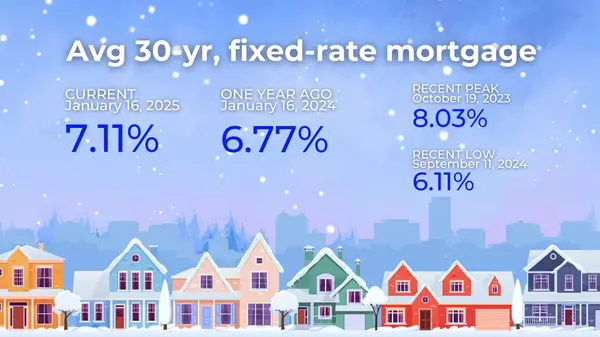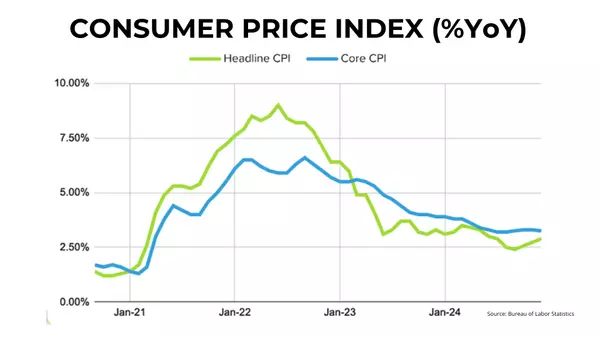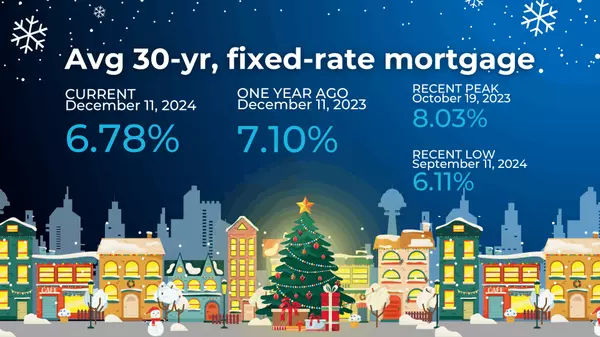Maximizing Property Sales in Massachusetts and New Hampshire: The Strategic Role of Earnest Money

Understanding Earnest Money in Real Estate
Earnest money, a deposit made by the buyer to demonstrate serious intent in purchasing a property, is a vital element of the home-selling process. This deposit not only signifies the buyer's commitment but also provides sellers with a layer of security, ensuring that their property is off the market during the transaction process.The Two-Phase Approach in Massachusetts and New Hampshire
Following this, a second payment is made after satisfactory inspections and due diligence, further cementing the buyer's dedication to the property. This two-phase approach not only strengthens the buyer's investment in the transaction but also enhances the seller's confidence in proceeding with the sale.
Benefits for Sellers
Enhancing Offer Attractiveness
In markets as dynamic as Massachusetts and New Hampshire, earnest money can significantly influence a seller's ability to attract compelling offers. A substantial earnest money deposit signals a buyer's serious intention and financial readiness, making their offer more appealing among multiple bids.
Financial Security
For sellers, earnest money offers financial protection. If a buyer retracts their offer without a justifiable reason, the seller retains the earnest money, compensating for the time the property was taken off the market. This safeguard is particularly crucial in fast-paced real estate environments where market opportunities are fleeting.
Key Considerations for Sellers
Competitive Market Adjustments
The required earnest money deposit can vary significantly, influenced by the competitiveness of the local real estate market. In Massachusetts and New Hampshire, where the demand for homes often outstrips supply, sellers may encounter deposits as high as 8% of the purchase price. Understanding this dynamic allows sellers to better gauge buyer commitment and financial stability.
Ensuring Fair Transactions
While earnest money serves as a security measure for sellers, it's also essential to ensure fair dealings. Should the transaction not proceed due to agreed-upon contingencies—such as financing failures or unsatisfactory inspections—buyers are typically entitled to a refund. This balance maintains the integrity of the transaction process, fostering trust and fairness in the real estate market.
Conclusion
For sellers in Massachusetts and New Hampshire, leveraging the earnest money deposit strategically can significantly impact the success of property transactions.
By understanding the role and implications of earnest money, sellers can enhance the attractiveness of their offers, secure financial protection, and navigate the complexities of the real estate market with confidence.
As the real estate landscape continues to evolve, staying informed and adaptable is key to maximizing property sales in these competitive regions.
Categories
Recent Posts










GET MORE INFORMATION

